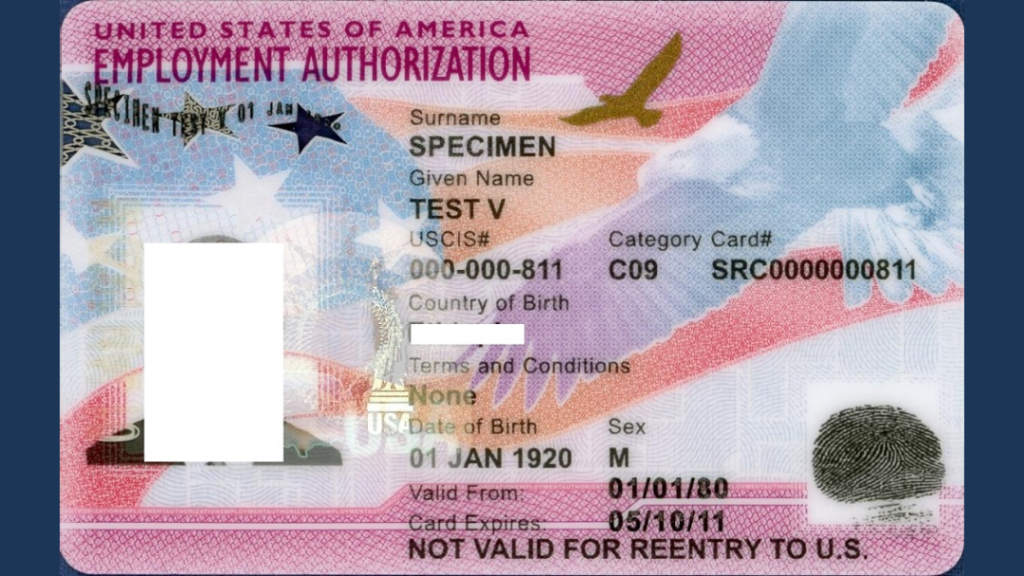Days before the April 24 deadline of a rule put in place during the Covid pandemic, the Biden administration announced on Thursday an extension of work permits for specific groups of immigrants, including those from India. This move could prevent hundreds of thousands of people from suddenly losing their jobs.
The United States Citizenship and Immigration Services (USCIS) published a temporary rule on April 4 in the Federal Register. This rule automatically extends the validity of Employment Authorization Documents (EADs) from 180 to 540 days.
This temporary measure aims to stop noncitizens who are already authorized to work from losing their jobs while waiting for USCIS to process their EAD renewal applications. It also helps ensure that U.S. employers can continue their operations smoothly, according to the immigration agency.
“This is the latest step by the Biden-Harris Administration to help people who are authorized to work get into the workforce and support the economies of their communities,” said the agency.
USCIS Director Ur M. Jaddou explained, “Over the past year, we’ve sped up the processing times for most EAD categories to help more eligible individuals access work. However, we’ve also received a record number of employment authorization applications, which has affected our renewal process.”
“To prevent employment authorization lapses, we’re temporarily extending the automatic extension to 540 days. This also gives the Department of Homeland Security (DHS) time to find long-term solutions,” Jaddou added.
The temporary rule applies to eligible applicants who submitted an EAD renewal application on or after October 27, 2023, and if the application is still pending when the rule is published in the Federal Register.
It also applies to eligible EAD renewal applicants who submit their Form I-765 application during a 540-day period starting from the rule’s publication in the Federal Register.
Without this measure, nearly 800,000 EAD renewal applicants, including those eligible for employment authorization as asylees or asylum applicants, Temporary Protected Status (TPS) applicants or recipients, and green card applicants, would risk losing their work authorization, according to USCIS.
The agency also estimated that about 60,000 to 80,000 employers would have been negatively affected by such a lapse. However, this extension doesn’t affect the length of parole.
The Biden administration previously announced a 540-day extension in 2022, which expired on October 27, 2023, reverting back to 180 days. All categories of immigrants covered by the 2022 extension are included in the new one. Since September, USCIS has been issuing five-year EADs to eligible immigrants, instead of the standard two-year EADs before.
This longer extension provides USCIS with more time to prepare for any future potential mass expiration of EADs.
Administration officials received numerous letters from members of Congress, mayors, advocacy groups, and the business community requesting the reinstatement of the 540-day extensions after the 2022 extension ended. USCIS noted that some EADs had already expired when the 2022 extension was announced, causing immigrants to lose their jobs and disrupting business operations.
The new rule will be effective on April 8, a few weeks before the 180-day mark for EADs that expired after the October sunset. Active extensions granted for 180 days will be retroactively extended to 540 days.
The longer extensions have been eagerly awaited by various groups, including the US Chamber of Commerce and individual asylum seekers.

